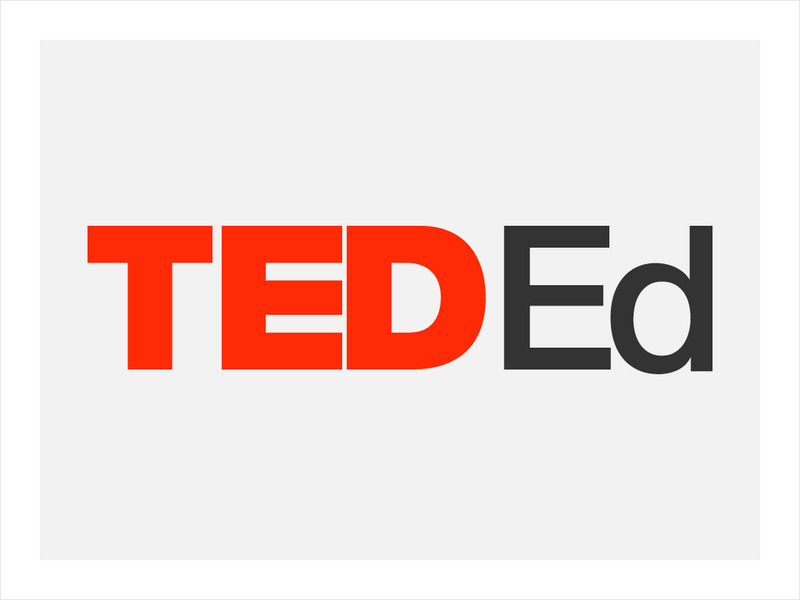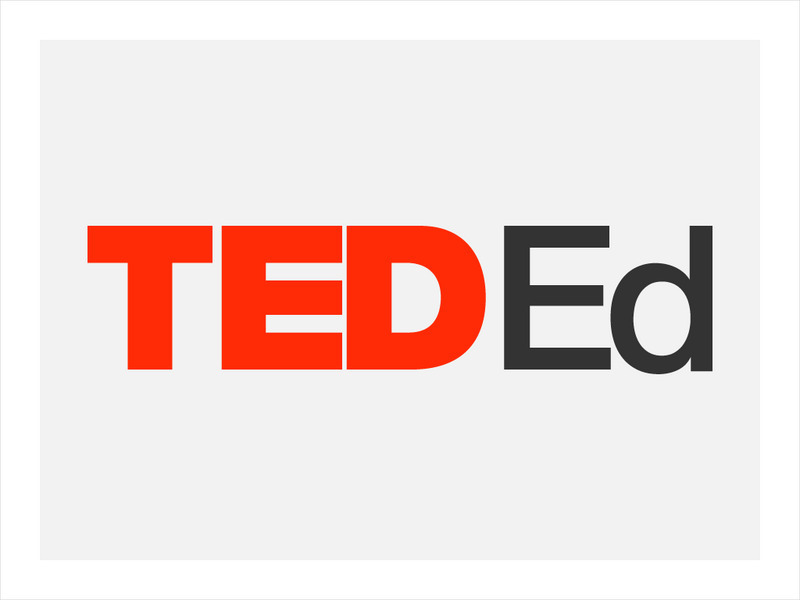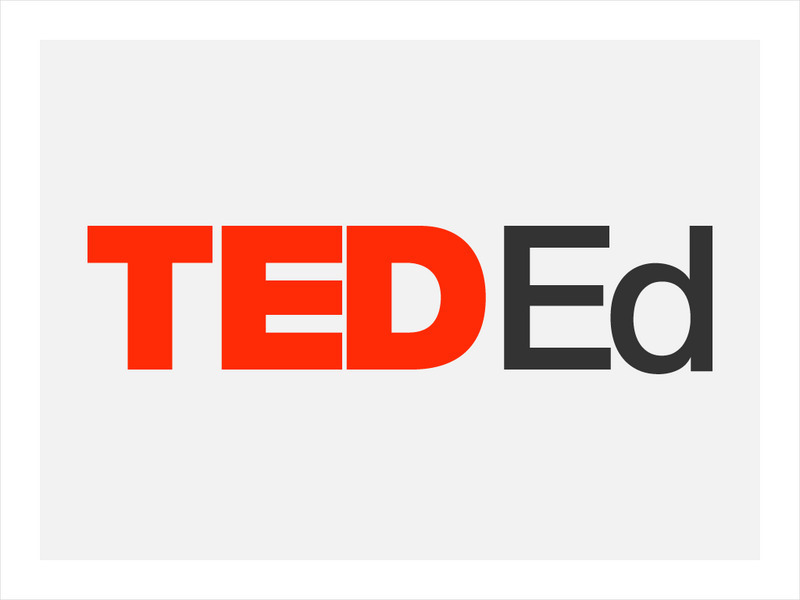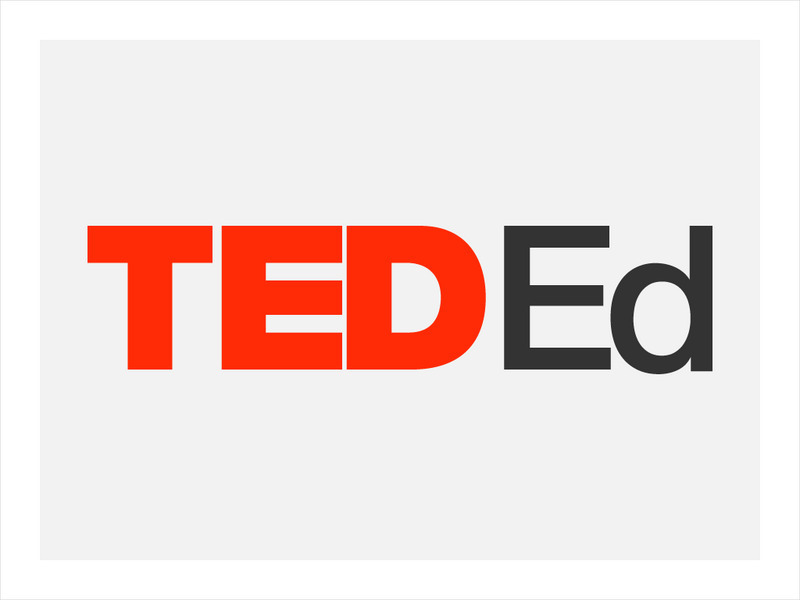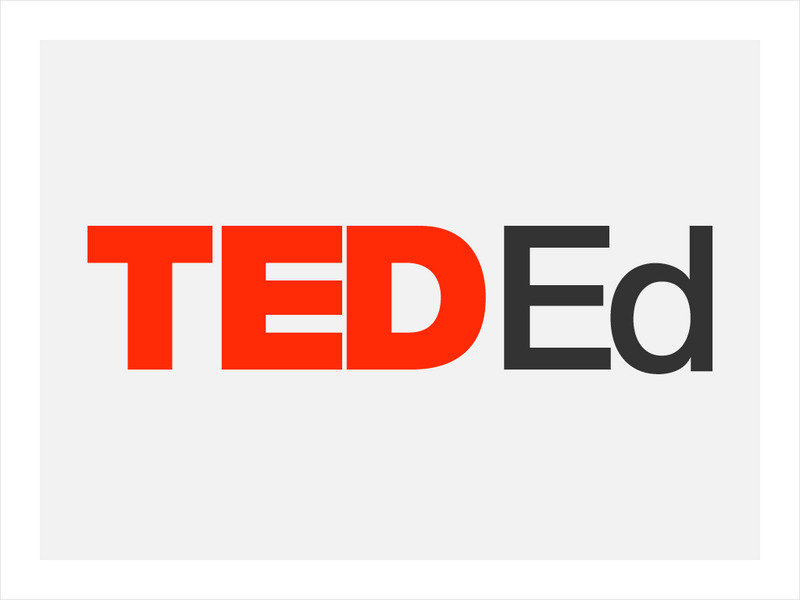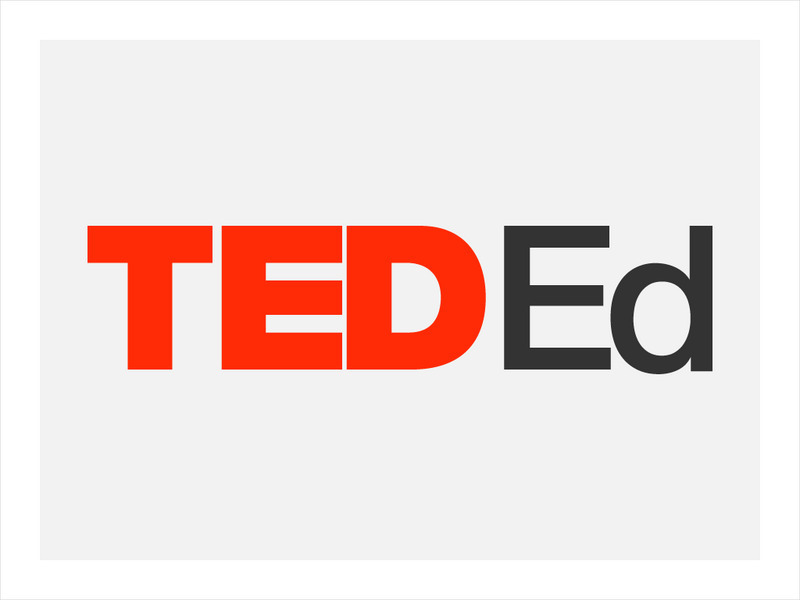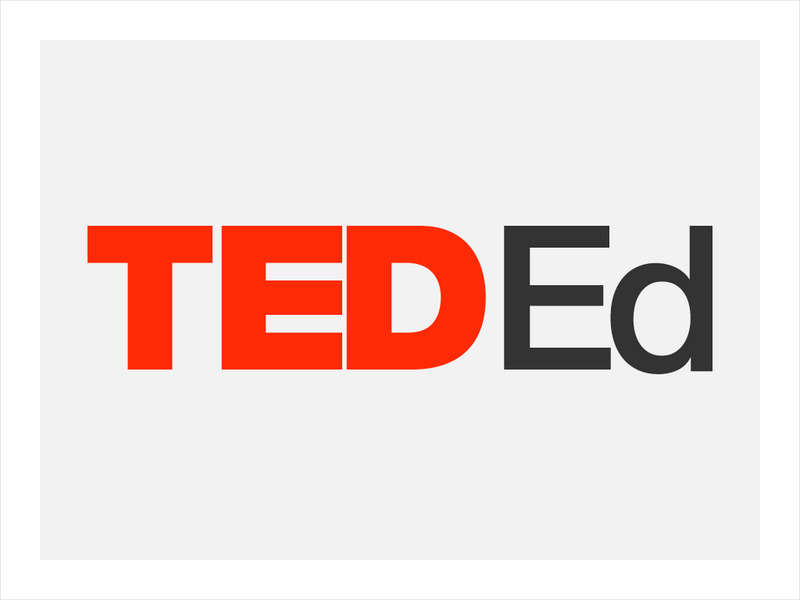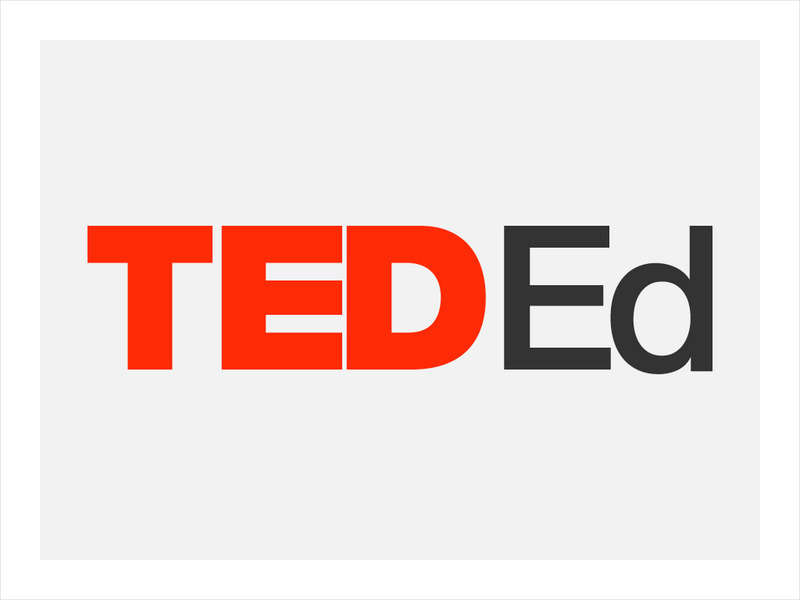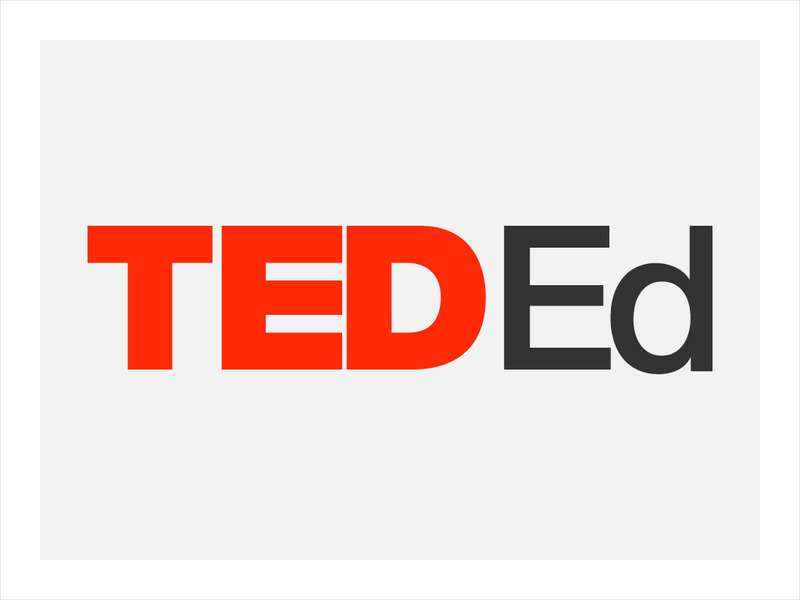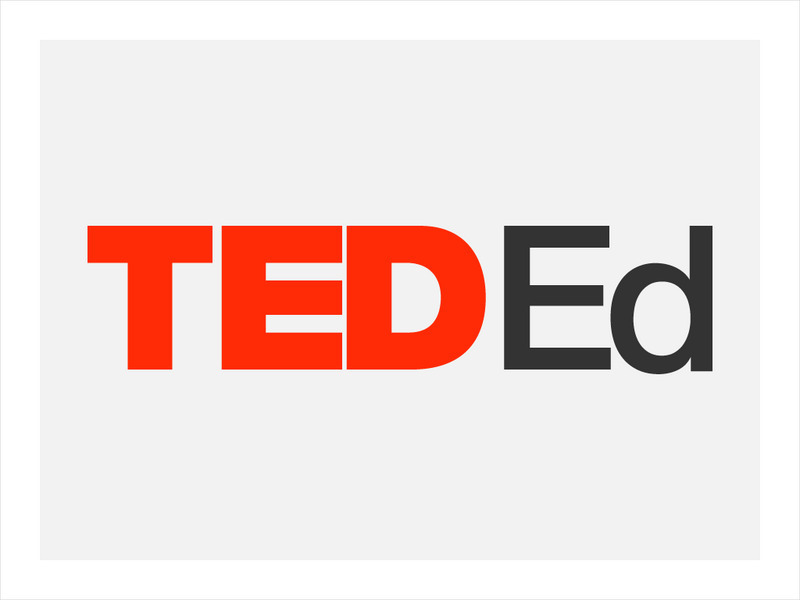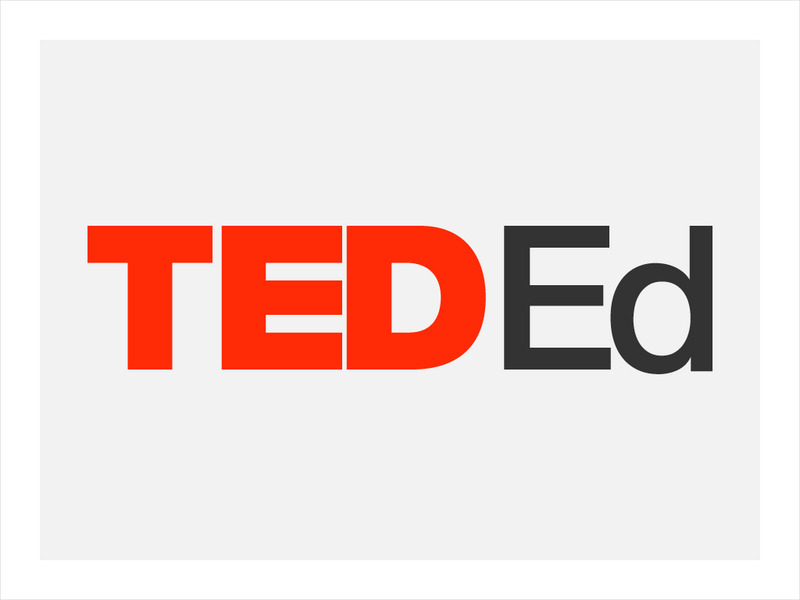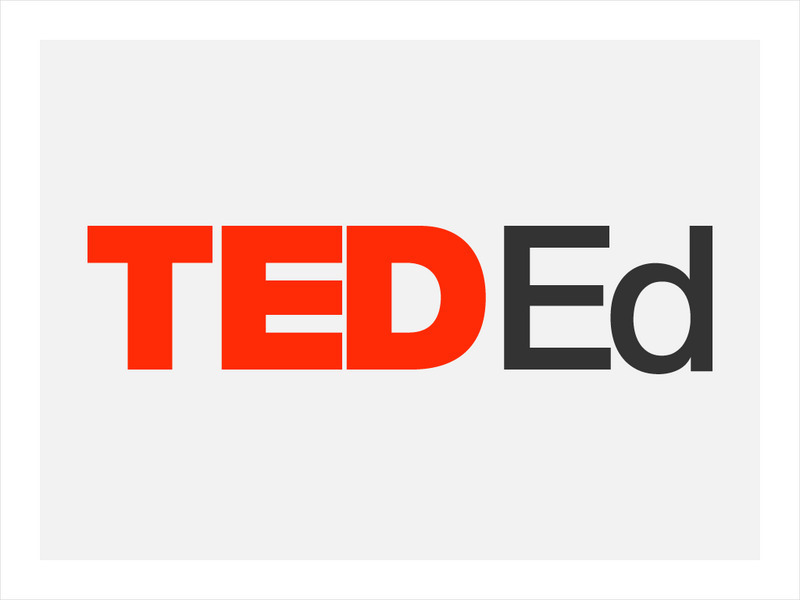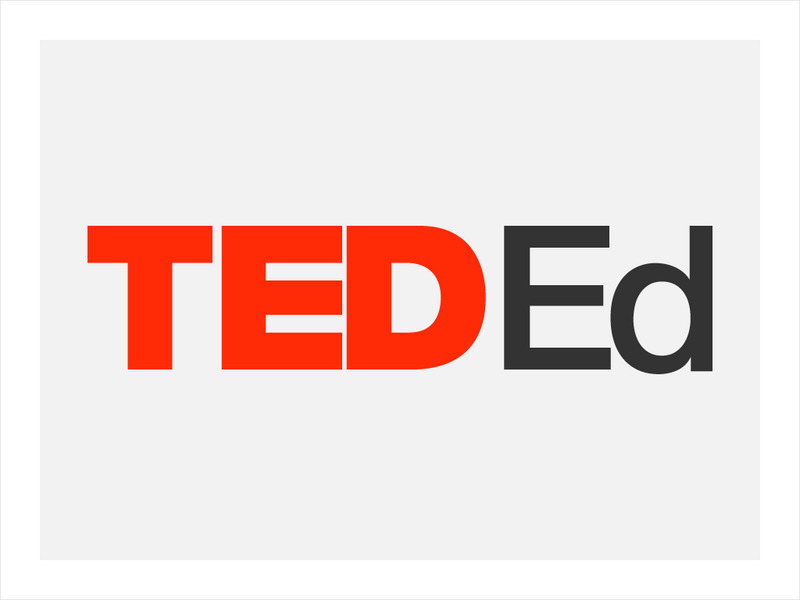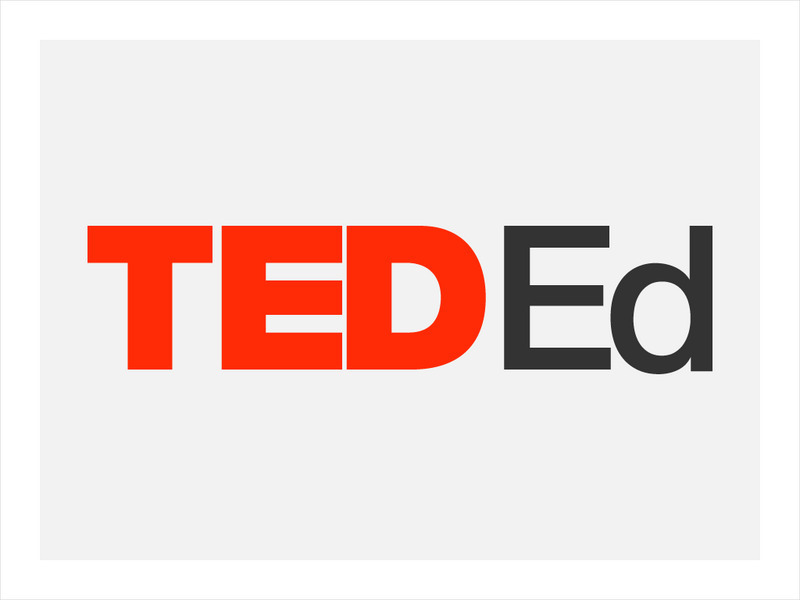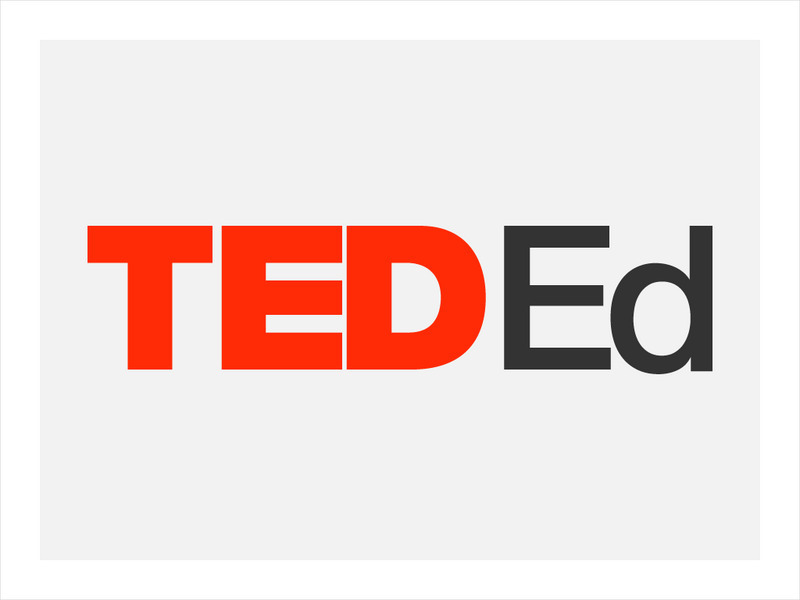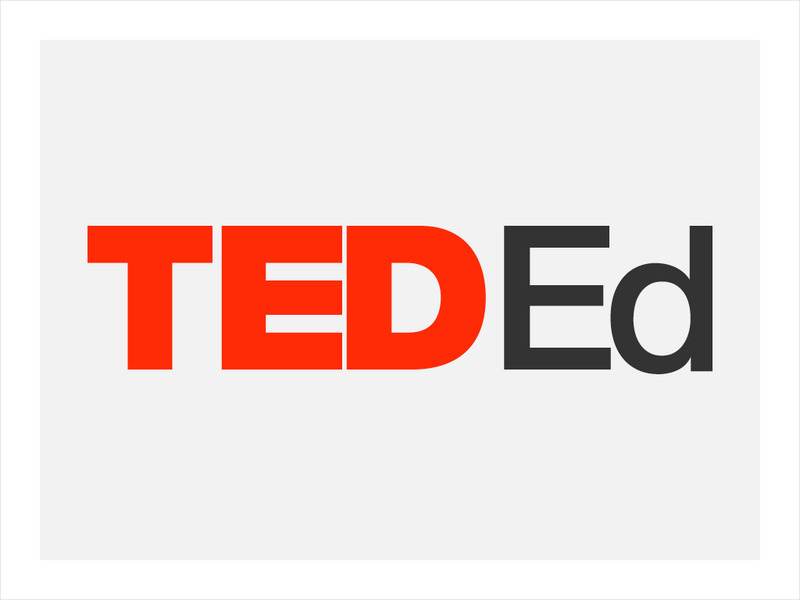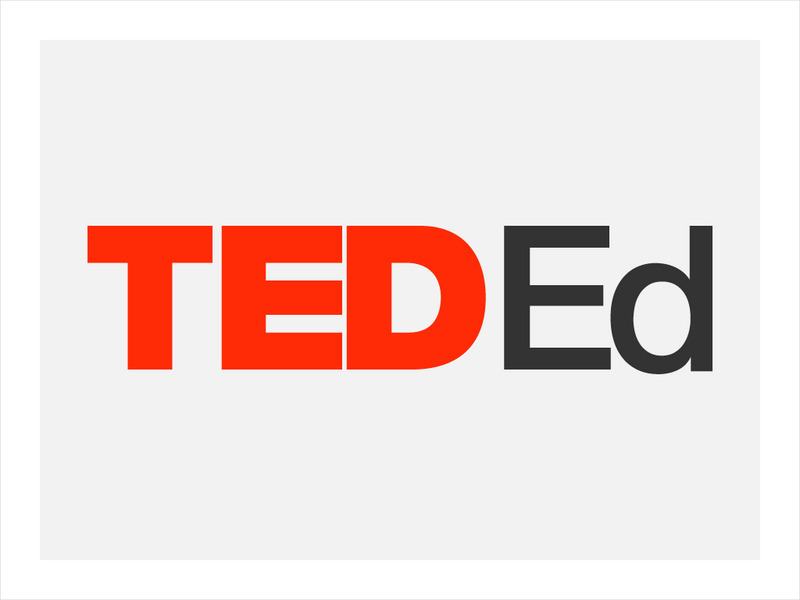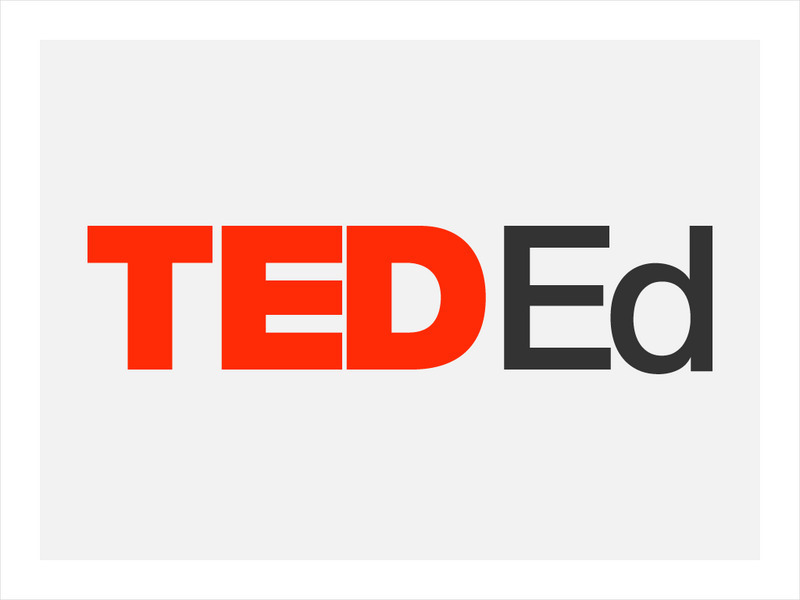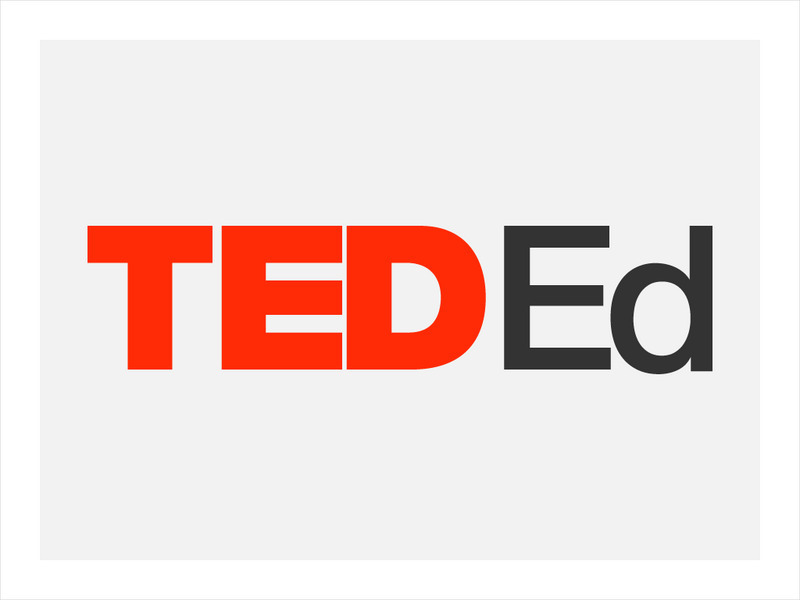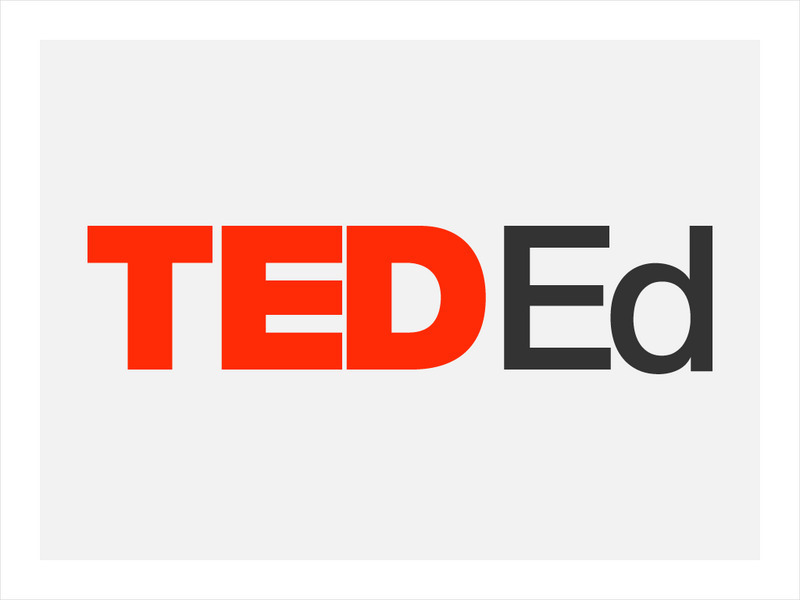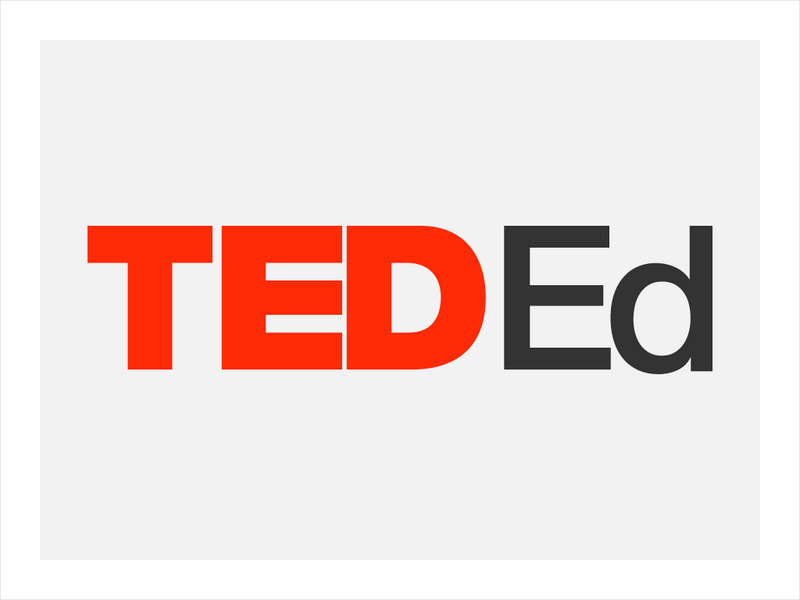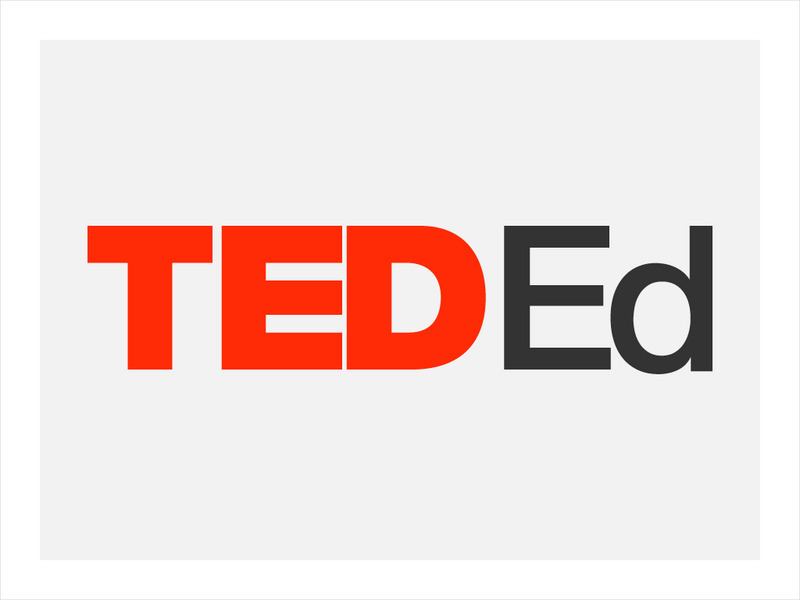TED Talks
Ted: Ted Ed: Where Did English Come From?
Claire Bowern traces English from the present day back to its ancient roots, showing how the language has evolved through generations of speakers. [4:54]
TED Talks
Ted: Ted Ed: The Language of Lying
Noah Zandan uses some famous examples of lying to illustrate how we might use communications science to analyze the lies themselves. [5:41]
TED Talks
Ted: Ted Ed: A Brief History of Melancholy
If you are a living, breathing human being, chances are you have felt sad at least a few times in your life. But what exactly is melancholy, and what (if anything) should we do about it? Courtney Stephens details our still-evolving...
TED Talks
Ted: Ted Ed: How Languages Evolve
Over the course of human history, thousands of languages have developed from what was once a much smaller number. How did we end up with so many? And how do we keep track of them all? Alex Gendler explains how linguists group languages...
TED Talks
Ted: Ted Ed: A Rosetta Stone for the Indus Script
Rajesh Rao is fascinated by "the mother of all crossword puzzles" - how to decipher the 4000 year old Indus script. At TED 2011, he tells how he is enlisting modern computational techniques to read the Indus language, the key piece to...
TED Talks
Ted: Ted Ed: A Refresher on Edgar Allan Poe
Edgar Allan Poe, an American icon, is celebrated for his life and work. This lesson will delve deeper into his early life, his macabre short stories, his poem "The Raven," and his mysterious death in Baltimore in 1849. [3:49]
TED Talks
Ted: Ted Ed: How to Build a Fictional World
Why is J.R.R. Tolkien's Lord of the Rings trilogy so compelling? How about The Matrix or Harry Potter? What makes these disparate worlds come alive are clear, consistent rules for how people, societies- and even the laws of physics-...
TED Talks
Ted: Ted Ed: The True Story of 'True'
The older the word, the longer (and more fascinating) the story. With roots in Old English, 'true' shares etymological ancestors with words like betroth and truce, but also with the word tree. In fact, trees have been metaphors for...
TED Talks
Ted: Ted Ed: Mysteries of Vernacular: Odd
Whether we're talking all things unusual or mathematical, the origins of the word odd point to the Indo-European root uzdho, which means pointing upwards. Jessica Oreck and Rachael Teel explain the evolution from the term for a triangle...
TED Talks
Ted: Ted Ed: The World's English Mania
Jay Walker explains why two billion people around the world are trying to learn English. He shares photos and spine-tingling audio of Chinese students rehearsing English "the world's second language" by the thousands. [4:31]
TED Talks
Ted: Ted Ed: Mysteries of Vernacular: Lady
Why do we call women ladies? Well, etymologically-speaking, the word comes from the Old English words for hlaf (bread) and daege (maid), which, combined, mean the female head of the household and eventually indicated high social...
TED Talks
Ted: Ted Ed: Mysteries of Vernacular: Robot
In 1920, Czech writer Karel Capek wrote a play about human-like machines, thereby inventing the term robot from the Central European word for forced labor. Jessica Oreck and Rachael Teel explain how the science fiction staple earned its...
TED Talks
Ted: Ted Ed: Vampires: Folklore, Fantasy and Fact
The myth of the bloodsucking vampire has stalked humans from ancient Mesopotamia to 18th-century Eastern Europe, but it has differed in the terrifying details. So, how did we arrive at the popular image we know, love and fear today? And...
TED Talks
Ted: Ted Ed: Speech Acts: Constative and Performative
When are words just words, and when do words force action? Linguist J.L. Austin divided words into two categories: constatives (words that describe a situation) and performatives (words that incite action). For instance, is a "No...
TED Talks
Ted: Ted Ed: Are Elvish, Klingon, Dothraki and Na'vi Real Languages?
What do Game of Thrones' Dothraki, Avatar's Na'vi, Star Trek's Klingon and LOTR's Elvish have in common? They are all fantasy constructed languages, or conlangs. Conlangs have all the delicious complexities of real languages: a high...
TED Talks
Ted: Ted Ed: Mysteries of Vernacular: Bewilder
The history of the word bewilder is more straightforward than you might think. Roots can be traced back to the Old English words wilde (undomesticated) and deor (untamed animals), eventually combined into the word wilderness. Jessica...
TED Talks
Ted: Ted Ed: Shakespearean Dating Tips
Beyond giving the world dozens of English language masterpieces and inventing countless words (including the word countless), William Shakespeare, ever the overachieving bard, especially had a way with the romantic turn of phrase....
TED Talks
Ted: Ted Ed: Mysteries of Vernacular: Keister
Originally meaning a woven container, the word keister has roots all over the place. The devil's tool box? Sure. A safe? That too. So, how did it become associated with the buttocks? Jessica Oreck and Rachael Teel get to the bottom of...
TED Talks
Ted: Ted Ed: What's the Definition of Comedy? Banana.
What makes us giggle and guffaw? The inability to define comedy is its very appeal; it is defined by its defiance of definition. Addison Anderson riffs on the philosophy of Henri Bergson and Aristotle to elucidate how a definition draws...
TED Talks
Ted: Ted Ed: Mysteries of Vernacular: Sarcophagus
Dating back to the early Roman Empire, the word sarcophagus originally referred to the limestone a coffin was made of, rather than the coffin itself. From flesh-eating stone to a stone coffin, Jessica Oreck and Rachael Teel unbury the...
TED Talks
Ted: Ted Ed: A Brief History of Plural Word S
All it takes is a simple S to make most English words plural. But it hasn't always worked that way (and there are, of course, exceptions). John McWhorter looks back to the good old days when English was newly split from German -- and...
TED Talks
Ted: Ted Ed: Mysteries of Vernacular: Fizzle
From a stinky and crude inception, the word fizzle's history is nothing to poo poo at. Jessica Oreck and Rachael Teel track the road from flatulence to its modern meaning of a failure or weak ending. [1:50]
TED Talks
Ted: Ted Ed: Exploring Other Dimensions
Imagine a two-dimensional world- you, your friends, everything is 2D. In his 1884 novella, Edwin Abbott invented this world and called it Flatland. Alex Rosenthal and George Zaidan take the premise of Flatland one dimension further,...
TED Talks
Ted: Ted Ed: What We Learned From 5 Million Books
Have you played with Google Labs' Ngram Viewer? It's an addicting tool that lets you search for words and ideas in a database of 5 million books from across centuries. Erez Lieberman Aiden and Jean-Baptiste Michel show us how it works,...


